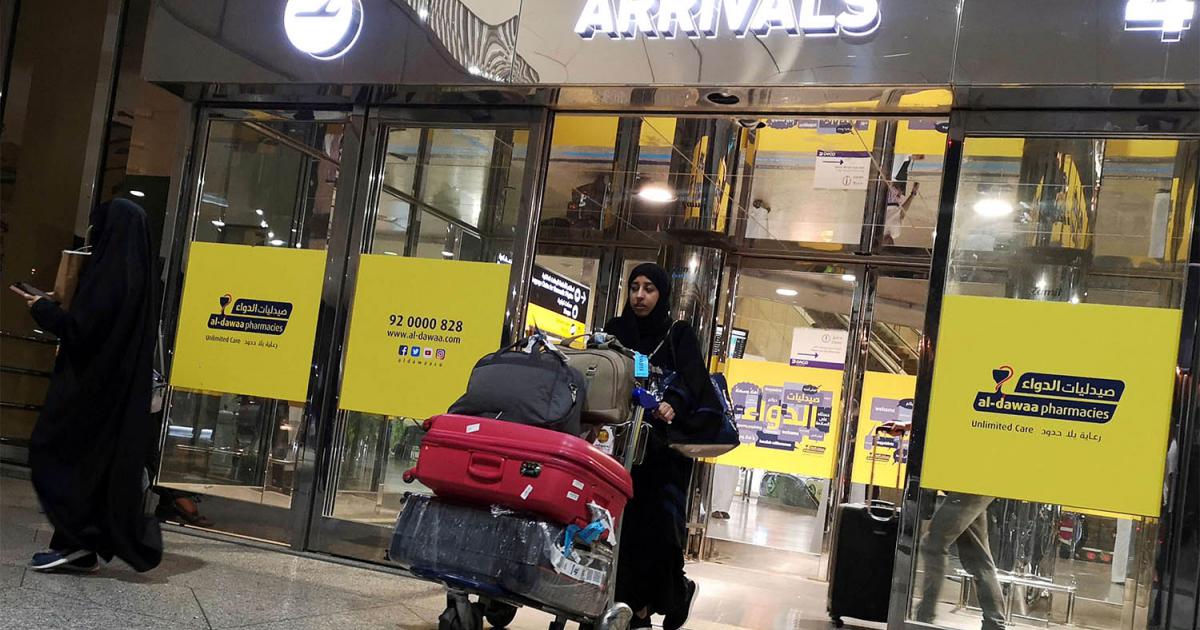Saudi Arabia Unveils Ambitious Plans for New Low-Cost Airline
In a significant development within the aviation sector, Saudi Arabia has announced the establishment of a new national low-cost airline, an initiative poised to transform the Kingdom’s travel landscape. Scheduled to launch with a substantial fleet of 45 aircraft by the year 2030, the announcement was made by the Saudi General Authority of Civil Aviation (GACA) on Sunday, capturing the attention of the regional and global aviation community.
At the heart of this strategic endeavor is a collaborative effort involving Air Arabia, a well-recognized carrier from the United Arab Emirates, along with a consortium of two additional partner companies. The collaboration reflects both the ambition of Saudi Arabia to enhance its aviation sector and the growing trend of low-cost air travel in the Middle East. The inclusion of a leading airline like Air Arabia in the mix is a testament to the Kingdom’s commitment to leverage expertise to ensure the success of this new venture.
The prospective airline will operate primarily from King Fahd International Airport in Dammam, which is strategically located to serve the Eastern Province of the Kingdom. This choice of base not only aligns with the country’s broader economic diversification efforts, as outlined in its Vision 2030 initiative but also serves to bolster Dammam’s status as a travel hub. One of the key aspects of the airline’s operations will be its ambitious route network, which is set to include 24 domestic destinations and an impressive 57 international routes. This extensive coverage will enable the airline to cater to a wide array of travelers, from domestic commuters to international tourists.
The planned annual capacity of 10 million passengers underscores the airline’s extensive operational ambition. By providing affordable travel options, the airline aims to stimulate demand in the region, enhancing alternative means of transportation for both residents and foreign visitors. Such an approach is expected to not only encourage tourism but also bolster economic activity across multiple sectors, including hospitality and commerce, thereby expanding employment opportunities within the region.
This development aligns with the broader trends observed within the Middle Eastern aviation market, where low-cost carriers have gained significant traction in recent years. A growing class of budget-conscious travelers is fueling demand for affordable travel options, compelling traditional carriers to adjust their pricing structures and enhance services in order to remain competitive. In response to these market dynamics, the establishment of a new low-cost airline in Saudi Arabia is a timely intervention that may prompt existing carriers to innovate and adapt.
Moreover, the Saudi Arabian government has been keen on enhancing its connectivity as it seeks to position itself not just as a regional nexus of business but also as a leading global tourist destination. Initiatives such as this new airline complement the country’s preparations for hosting a variety of international events, including the highly anticipated World Expo 2030 in Riyadh, which anticipates drawing millions of visitors from around the world.
However, the successful launch and operation of this low-cost airline will undoubtedly face challenges, including regulatory compliance, operational efficiency, and market penetration strategies. The competitive landscape of the aviation industry, marked by volatility and rapid shifts in consumer preferences, will require careful navigation. Ensuring that the new airline maintains optimal performance while delivering cost-effective travel solutions will be a critical factor in its long-term viability.
In conclusion, as Saudi Arabia embarks on this ambitious aviation project, it is poised to reshape the travel dynamics of the region significantly. With strategic partnerships in place and a clear vision for service expansion, the proposed low-cost airline stands to enhance both domestic and international travel, supporting Saudi Arabia’s broader economic transformation goals.
The full impact of this initiative will unfold in the coming years, but its potential to energize the Kingdom’s aviation sector, enhance connectivity, and boost tourism cannot be overstated. As the project progresses, stakeholders will be watching closely how this airline evolves in a competitive landscape marked by both challenges and opportunities.
—
Tags: #BusinessNews, #EconomyNews, #Saudi, #Aviation, #TourismNews

